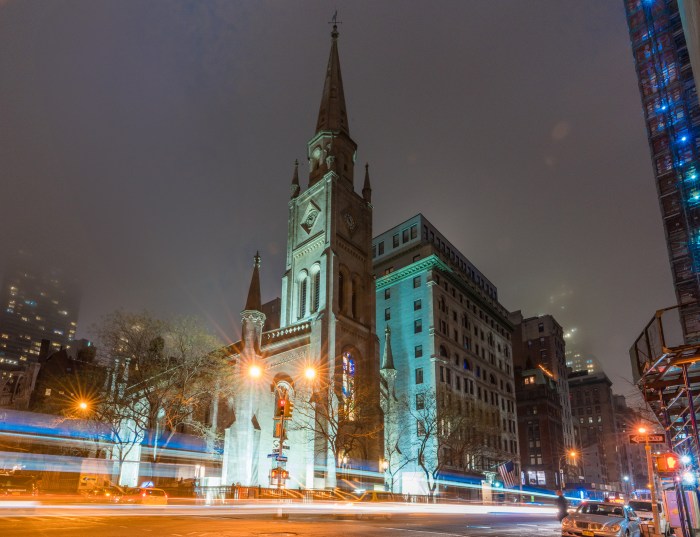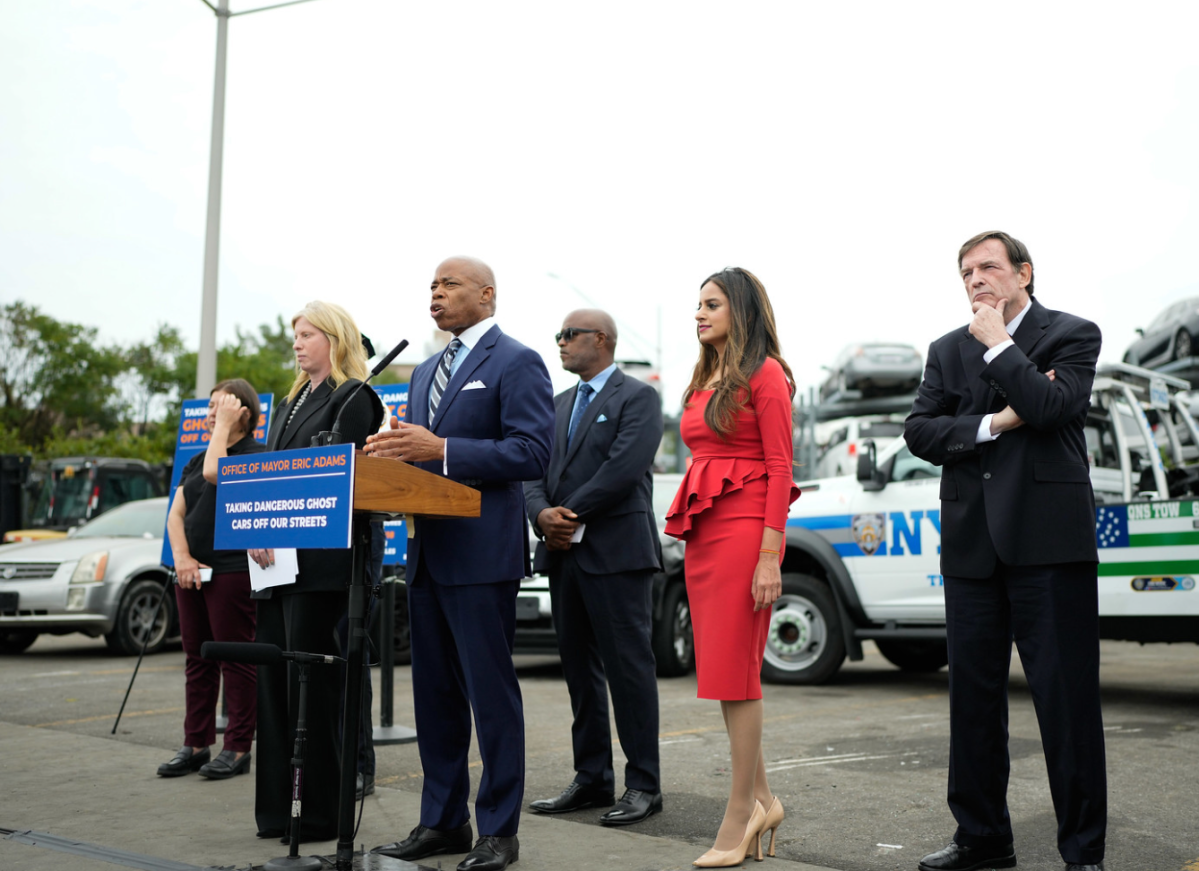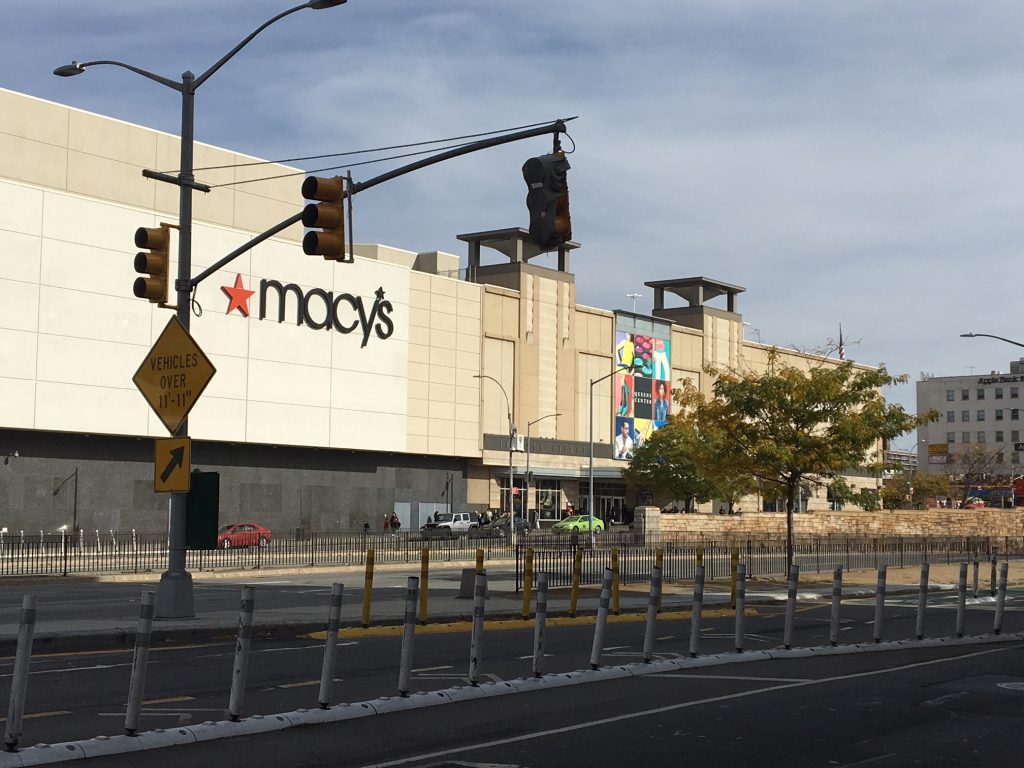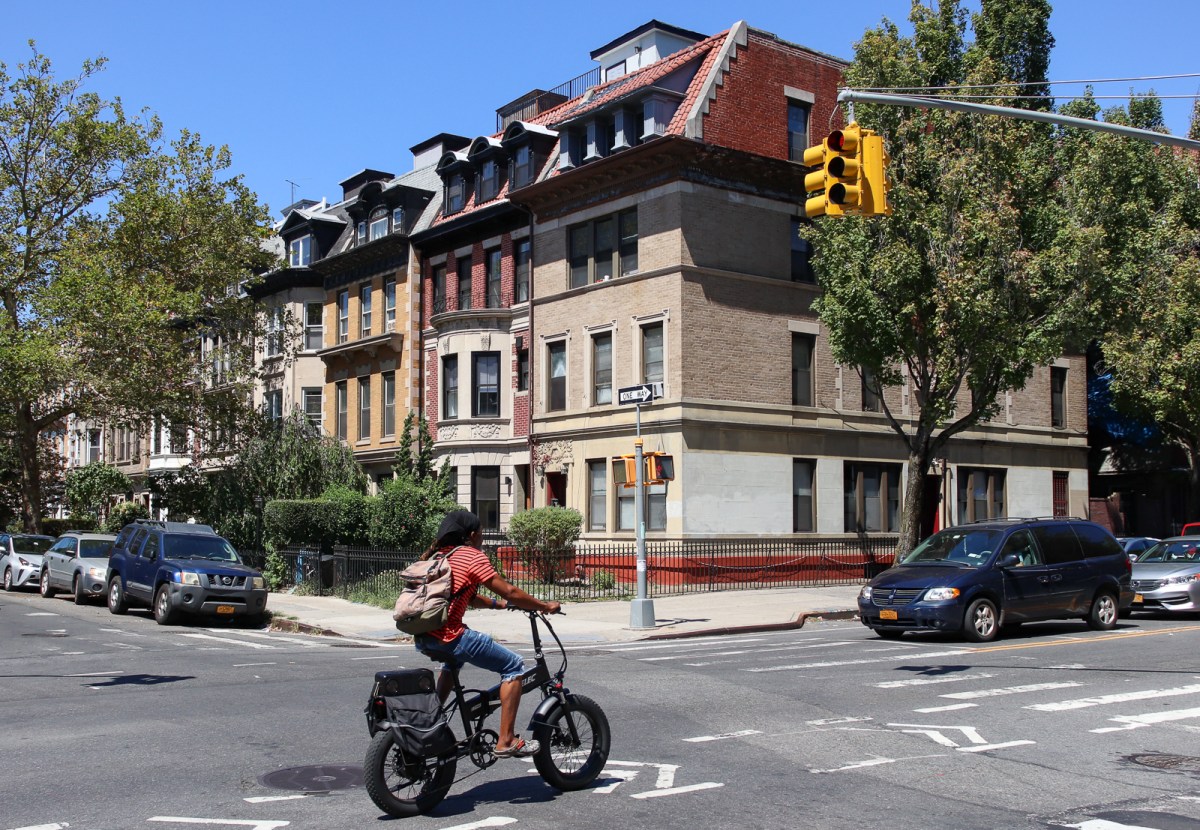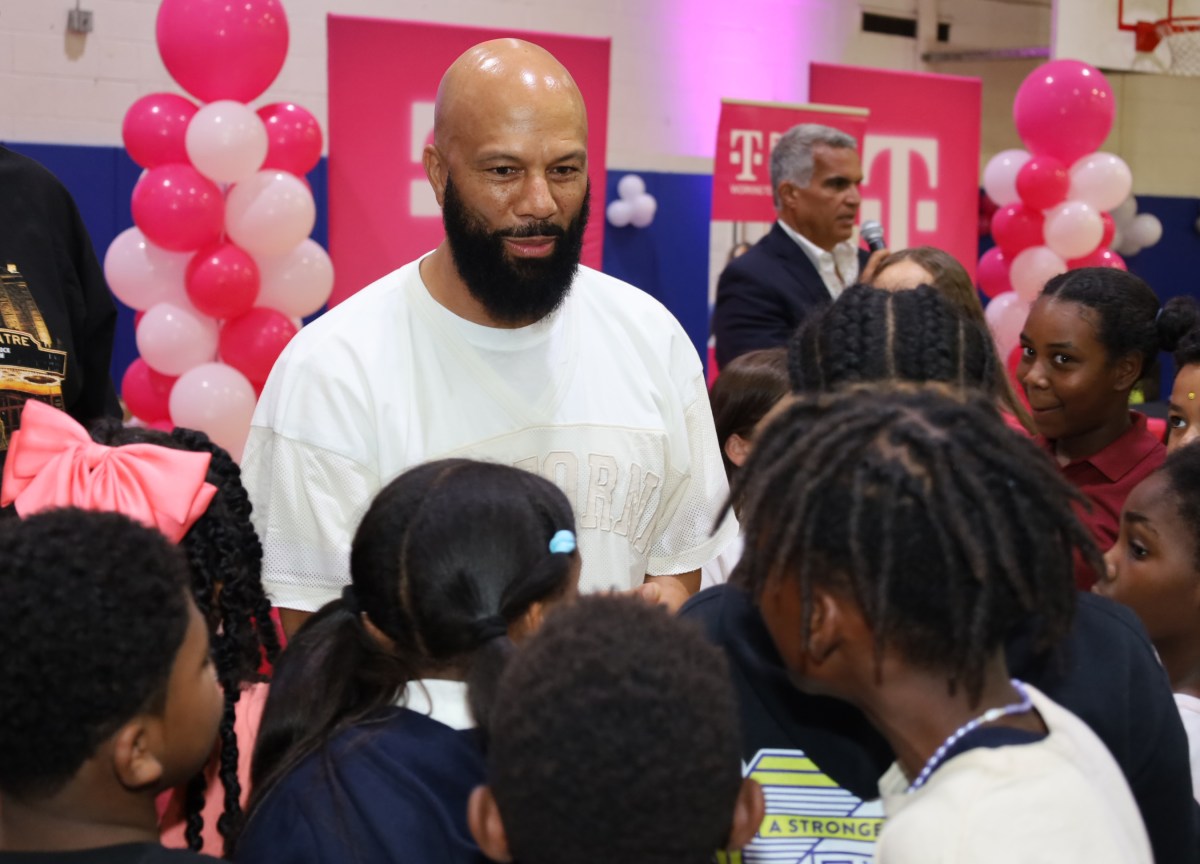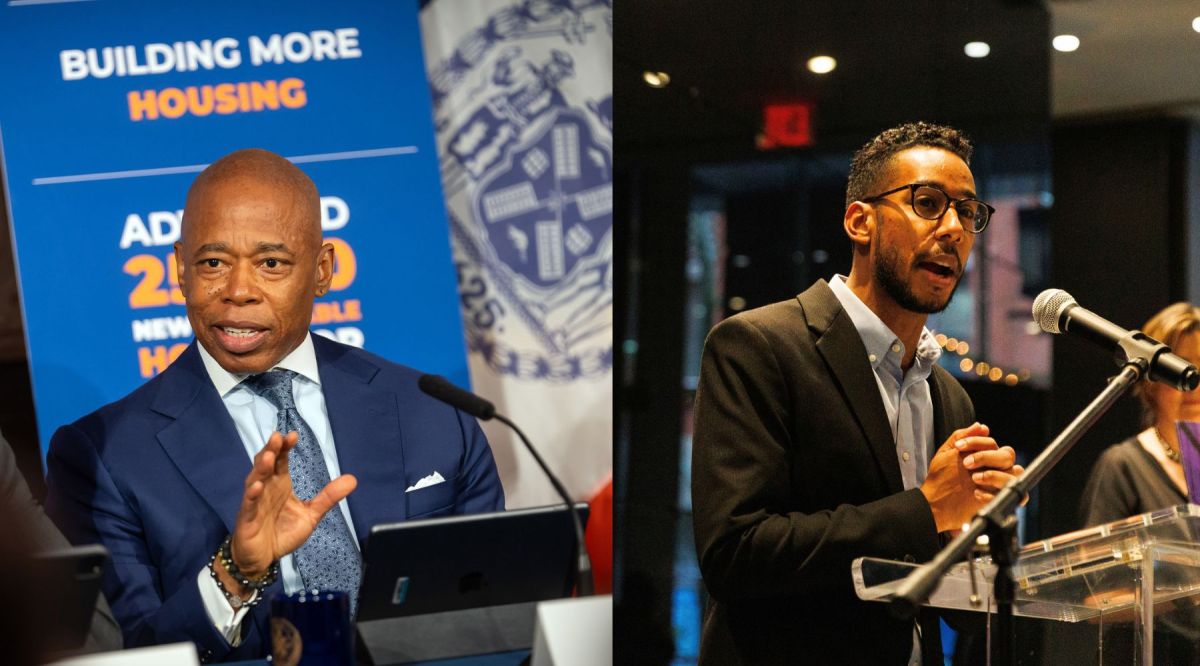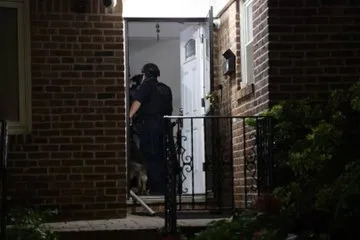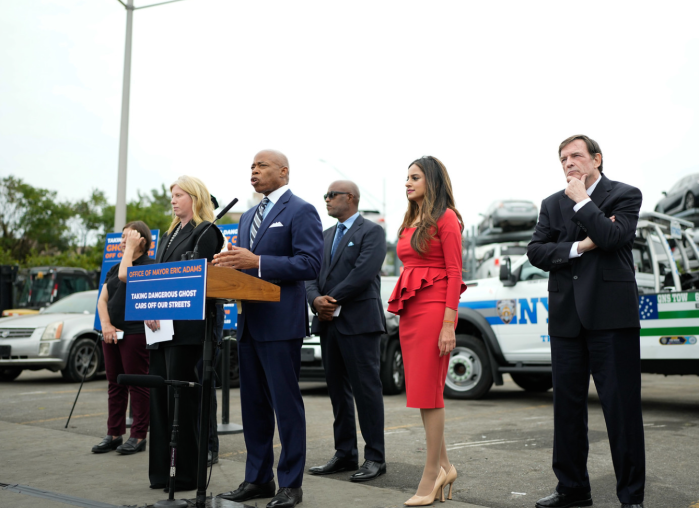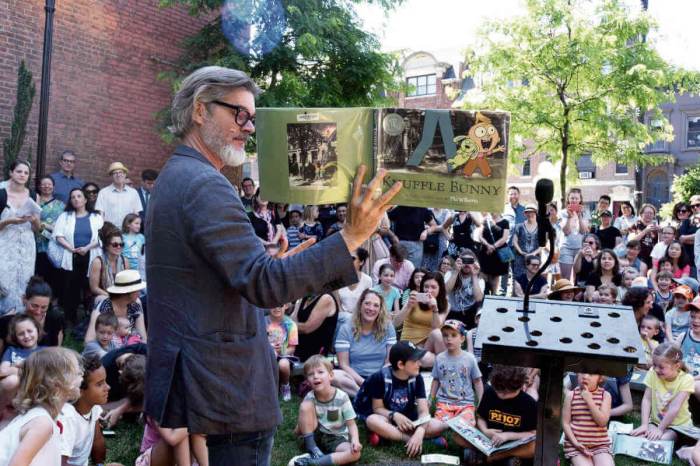President Bush’s final budget proposal reduces 9/11 health funding by 77 percent and restricts the money to first responders, cutting out residents, office workers and students. Local elected officials responded angrily to the cuts, which leave only $25 million for health programs.
Bush also allocated $25 million for 9/11 health last year, but he later signed legislation that bumped the total up to $108 million.
Bush’s decision to slash funding for residents is “absolutely outrageous,” Rep. Carolyn Maloney said in a statement.
“It’s shocking that the president would use his final budget to take an axe to 9/11 healthcare programs,” she added. “The administration has failed in every single one of its budget proposals to deliver adequate help to the heroes of 9/11.”
In December, the government cancelled a plan for a national 9/11 health center, saying the plan needed funding. But now the administration released a budget “that doesn’t even ask for the money they said they needed,” Maloney said.
Rep. Jerrold Nadler called Bush’s budget cut “nothing less than an absolute betrayal.”
“In his final State of the Union, President Bush yet again invoked the memory of 9/11 to score political points,” Nadler said in a statement. “But yet again, his budget request of a paltry $25 million fundamentally insults the heroes of that day.”
Senators Hillary Clinton and Charles Schumer and Rep. Vito Fossella, a Staten Island Republican who joined his Democratic colleagues, also denounced the $25 million allocation. They said 9/11 clinics would need at least $200 million this upcoming fiscal year.
Sean Kevelighan, a spokesman for the White House budget office, told the Associated Press Jan. 27 that the president’s budget “will reflect his continued commitment to World Trade Center workers.”
Gov. Elliot Spitzer released a statement critical aspect of Bush’s budget but did not mention 9/11 healthcare.
— Julie Shapiro









